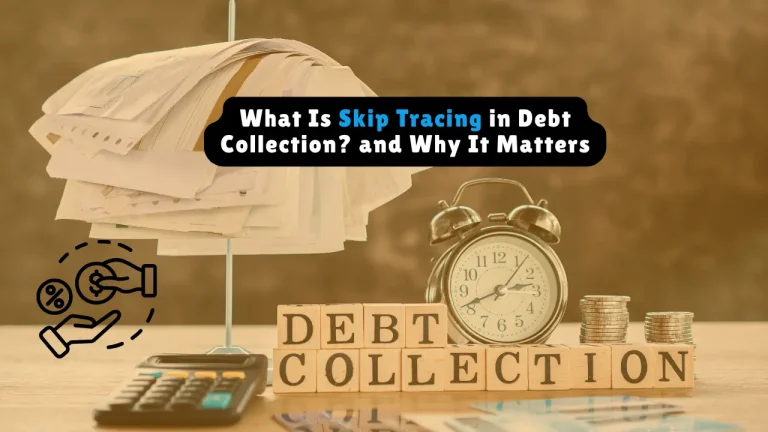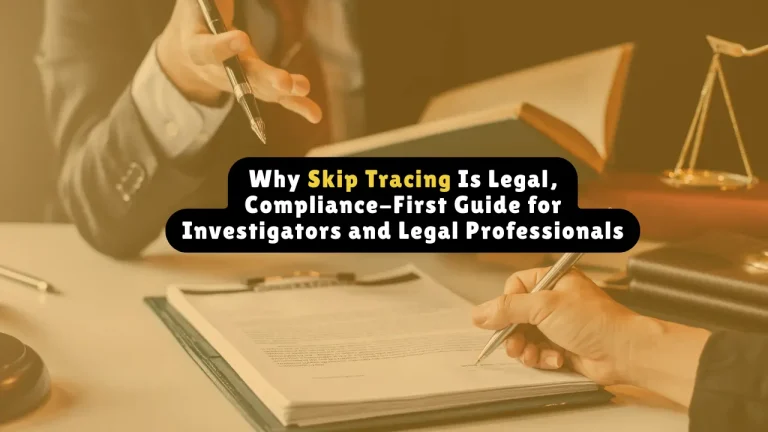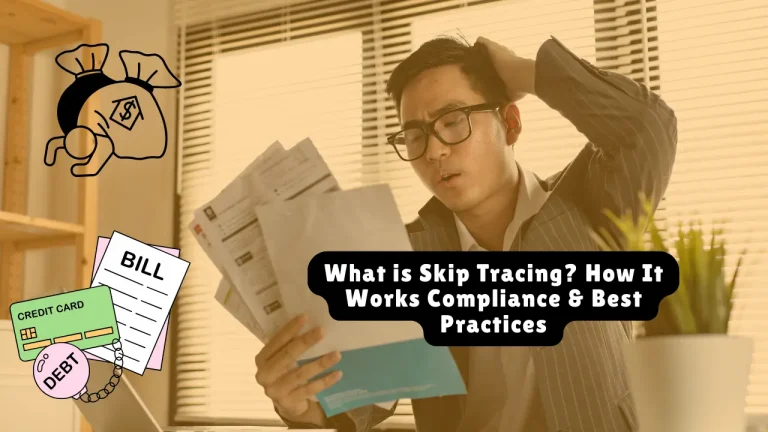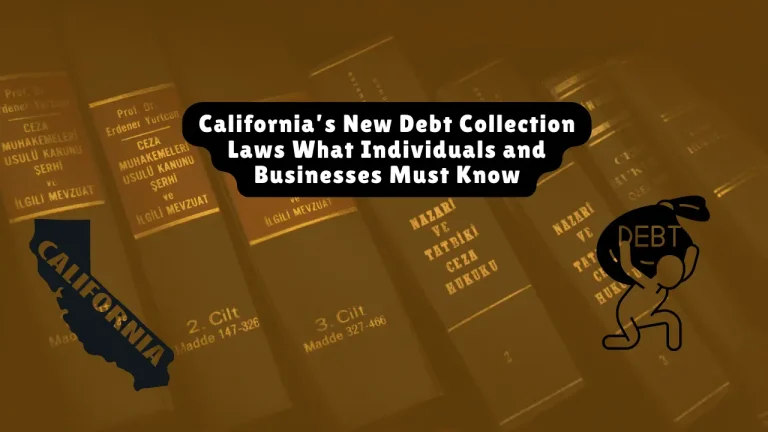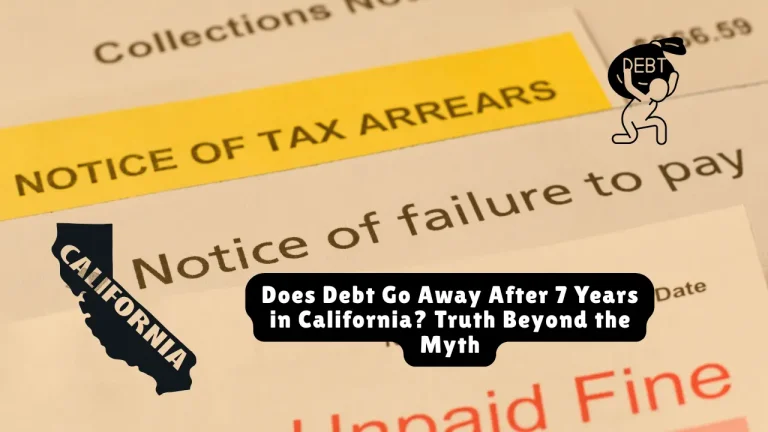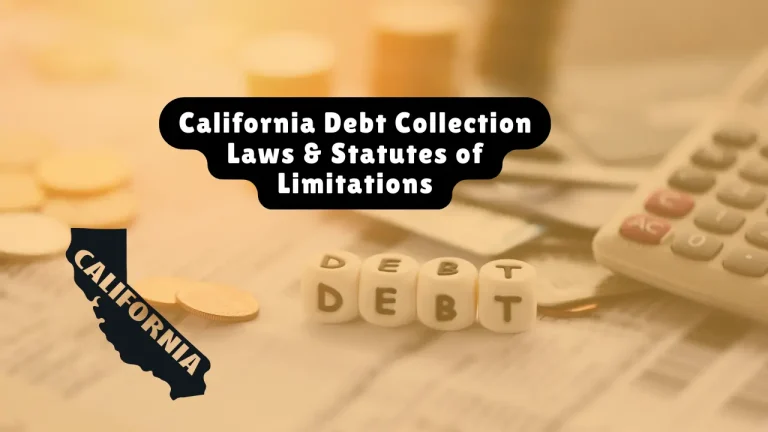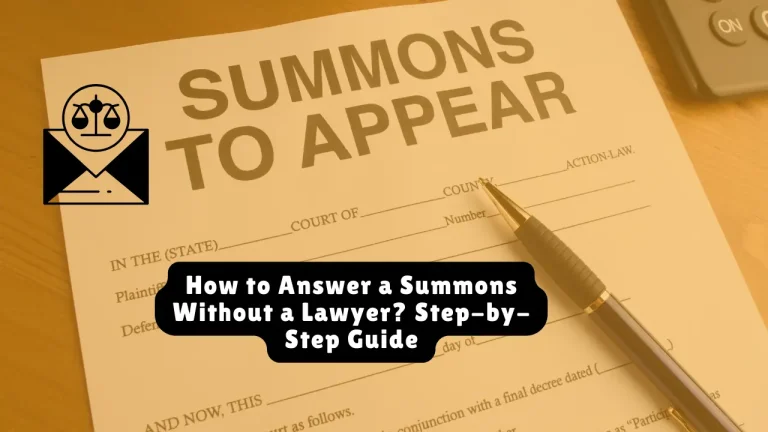How to Negotiate with a Debt Collection Lawyer?
Negotiating with a debt collection lawyer—not just a collection agency—demands a different, more structured approach. Lawyers can file lawsuits, garnish wages, or seize assets. However, with the right tools, legal knowledge, and negotiation leverage, you can reduce your debt by 30–80% and avoid court judgments. This 2025 guide integrates legal insights, case studies, and government…



